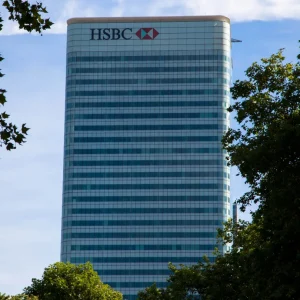
Set to come into effect from 1 April 2015, the resulting tax increase is expected to cost the industry close to £5.3bn over the next five years as part of a slew of reforms aimed at raising revenues from the banks as well as further paring down government’s stake in Lloyds Banking Group, raising £9bn.
The budget has also restricted banks to claim tax relief on compensation for customers to the tune of almost £1bn.
Decrying the move as "uncompetitive" BBA chief executive Anthony Browne said: "Banks in the UK already pay more than £40 billion in taxes each year, helping to fund schools and hospitals across the country.
"The bank levy imposes a significant cost on banking businesses in the UK, which is making many banks move work and jobs to other parts of the world, and is deterring international banks from investing in the UK. This major increase in the bank levy is likely to accelerate that process and damage the competitiveness of the UK economy.
"This will also further disadvantage UK headquartered banks by increasing tax on their overseas activities, while their competitors in those markets do not pay this tax at all."
First announced in 2010, the levy on banks has been increased eight times till now and was designed to raise at least £2.7bn in 2014 to 2015 and £2.9bn each year thereafter, reports Bloomberg.
KPMG financial services tax partner Tom Aston said: "The bank levy increase will be painful for global banks who have their headquarters in the UK.
"It is disappointing given that the tougher rules on banks using tax losses announced in the Autumn Statement were supposed to be in place of a higher bank levy."
PwC banking tax partner Matthew Barling also termed Osborne’s latest budget as a blow to the UK banking industry.
"Coming hard on the heels of the bank loss restriction rules announced in the Autumn Statement, two more bank specific tax measures clearly shows bank taxes remain high on the political agenda. For a sector already under pressure in terms of profitability as a result of regulatory change and other demands, a further £900m increase in the bank levy will be felt acutely.
"The UK is a global leader in financial services. The short term benefits to the Treasury are perhaps understandable, but this could potentially be at the cost of the longer term growth and competitiveness of the UK as a global financial centre."
The bank levy applies to all banks as well as building societies that are operating in the UK.
According to HM Treasury, the levy is expected to contribute a further £4.4bn by 2018-19.
Image: UK Chancellor George Osborne. Photo: courtesy of Crown






